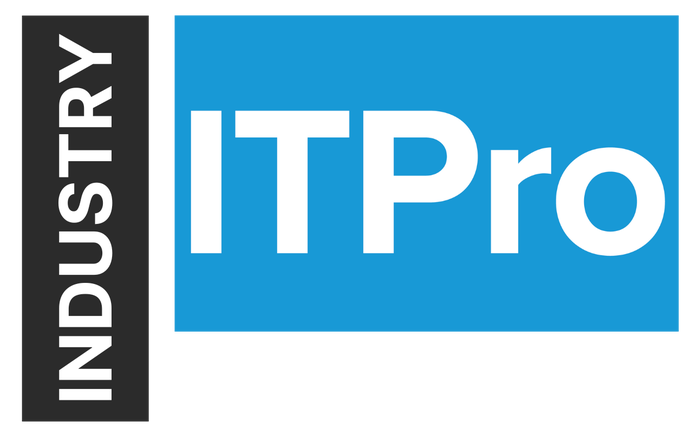
Insight and analysis on the information technology space from industry thought leaders.
Tackling the Sustainability Data Problem in ManufacturingTackling the Sustainability Data Problem in Manufacturing
Effectively leveraging data is essential for meeting sustainability standards and gaining a competitive edge in the evolving green market.
October 9, 2024
By Neil D’Souza, founder and CEO, Makersite
A tide of new regulations and laws related to sustainable manufacturing practices are rising.
Among these is the Ecodesign for Sustainable Products Regulation (ESPR), which will replace the current Ecodesign Directive (2009/125/EC) by mid-2025. The EU has also recently approved the Green Claims Directive, a regulation to combat greenwashing and false environmental claims made to consumers. This directive seeks to curb the proliferation of public and private environmental labels for various products to incentivize more transparent and honest sustainability claims.
The United States federal government – the world’s single largest purchaser – is prioritizing sustainable procurement, focusing on American-made products with more sustainable practices. Put plainly, sustainable practices in manufacturing are poised to take on great importance very soon.
Adhering to regulations is essential, as noncompliance can lead to significant financial penalties, damage to reputation, and a potential decline in customer retention and loyalty. Sustainability has evolved from a ‘nice to have’ to a business necessity. The primary challenge manufacturers encounter in enhancing sustainability practices is the decentralized and fragmented nature of data, often scattered across various organizational silos. Effectively harnessing and utilizing this data is crucial for improving sustainability efforts. But how can organizations get ready for this task?
It’s All About Data
Regardless of industry, data is the modern currency.
Most businesses – from mom-and-pop cafes to enterprise-level mega corporations – have access to a wealth of data on their operations. This may be simple, such as peak sales times for a restaurant, or more complex, such as supply chain insights from dozens of vendors globally.
But no matter what it looks like or how much there is, data holds important insights that can shape modern businesses’ success (or failure). Unorganized data – or worse, a lack of awareness of its importance – can lead to missed opportunities to optimize operations.
And as regulations tighten and increase, this data is of critical importance. According to Forrester, 87% of leaders claim their organizations assess and incorporate regulatory changes into their business models, yet only 30% of manufacturers leverage reporting data in predictive modeling and forecasting to meet standards or regulations proactively.
That gap – where leaders understand the importance of regulations’ impact on their businesses, but too many aren’t leveraging data and analytics to meet standards and regulations – is a problem to address.
While data is valuable, it’s a tricky arena to leverage effectively. It can exist across many parts of the business. From supply chains to sales figures to trends over time, data holds a multitude of valuable insights awaiting action.
What Now? Next Steps for Leveraging Data Effectively
Organizations will inevitably need to answer this question: Why does data maturity matter?
Let’s break down some critical points:
Beyond sustainability reporting: Leveraging the right data solution offers more than sustainability reporting. Mature data can lead to significant financial gains, reduce supply chain risks, save time, decrease headcount, boost efficiency, and protect customer reputation and retention. This growth in market share helps your business secure a strong position in a competitive market, ensuring future success.
AI-powered data transformation: Your data doesn’t need to be perfect. AI tools can bridge gaps, turning your data into actionable insights. This shift allows you to progress from basic compliance reporting to comprehensive data visibility and, ultimately, full intelligence.
Importance of automation and scaling: Automating and scaling your data is essential. With increasing regulatory and stakeholder pressures, mitigating risks is more urgent than ever. Relying on consultancy firms is costly and time-consuming, and it slows decision-making when quick action is needed. Choosing the wrong solution can result in significant opportunity costs, impacting your desired business outcomes.
By taking a more proactive approach to data maturity, businesses can substantiate their sustainability claims with concrete evidence of their commitment to environmental stewardship. This not only satisfies the increasing demand for transparency in the green market but also places companies at the forefront of sustainable innovation, distinguishing them in a competitive landscape.
With mature data, businesses can accurately assess the full environmental impact of their products, from energy consumption to water usage.
In our digital age, this valuable environmental data must be digitized and published to enhance transparency and highlight a company’s products in the competitive marketplace through its environmental credentials. This approach ensures your organization remains proactive and well-positioned for long-term success.
About the Author
Neil D’Souza is founder and CEO at Makersite.
About the Author
You May Also Like








.jpg?width=700&auto=webp&quality=80&disable=upscale)
